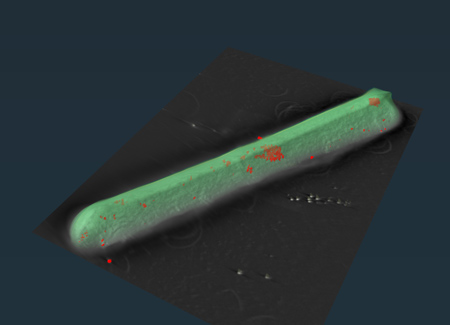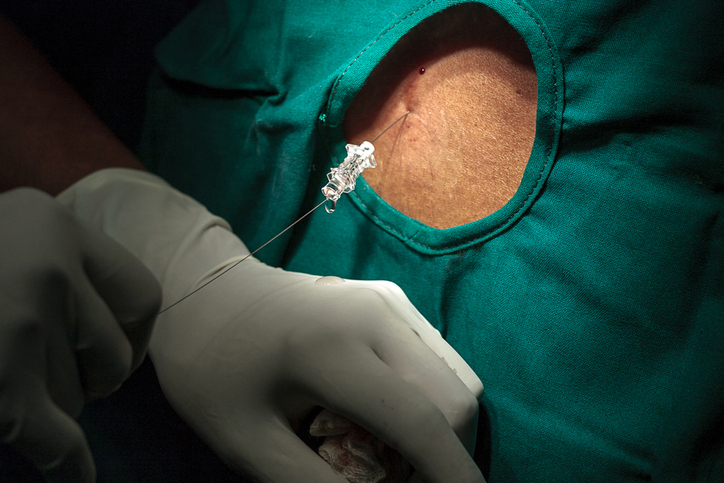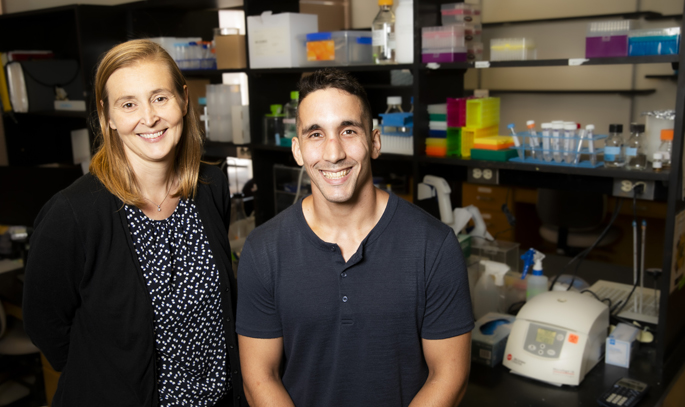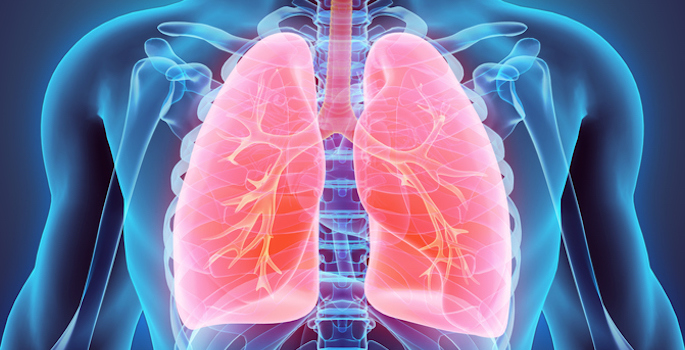NIH
-

School of Medicine in top 10 in NIH funding: survey
Vanderbilt University School of Medicine, which received $527.7 million in direct and indirect NIH grant support in FY23, has been among the top 10 U.S. medical schools in NIH funding for six of the last 10 years. Read MoreApr 24, 2024
-

NIH honors Vanderbilt with prestigious research prize
Vanderbilt University has been awarded a prize from the National Institutes of Health for its creation of the LGBTQ+ Policy Lab, which advances a culture of inclusion for sexual and gender minority individuals through interdisciplinary research and collaboration. Read MoreMar 29, 2024
-

Vanderbilt launches AUD Research and Education Center with prestigious $8.9 million NIH grant
An $8.9 million grant from the NIH will establish the Vanderbilt AUD Research and Education Center, enhancing Vanderbilt University’s national leadership in neuroscience and addiction research. This initiative aims to foster interdisciplinary collaboration, advance understanding and treatment of alcohol use disorder, and engage the public through education and outreach efforts. Read MoreMar 21, 2024
-

Pre-proposals now being accepted for 2024 NIH S10 Shared and High-end Instrumentation Grants
Vanderbilt investigators who intend to apply for the 2024 NIH S10 either Shared or High-end Instrumentation Grant programs have until April 1 to submit an internal proposal for review. Read MoreFeb 1, 2024
-

New NIH grant funds novel brain network approach to improve epilepsy surgery
A multidisciplinary group of investigators from Vanderbilt University Medical Center, Vanderbilt University, and the University of Pennsylvania received a $3.2 million grant to develop novel brain network-based measures to guide surgical decisions and improve outcomes in the field of epilepsy surgery. Read MoreJan 18, 2024
-

Gut microbiota metabolite protects against obesity: study
Vanderbilt researchers have discovered that beneficial bacteria in the small intestines produce a compound that protects against obesity. Read MoreDec 8, 2023
-

Study links gene network and pancreatic beta cell defects to Type 2 diabetes
A comprehensive study that integrates multiple analytic approaches has linked a regulatory gene network and functional defects in insulin-producing pancreatic beta cells to Type 2 diabetes. Read MoreDec 4, 2023
-

Novel C. diff structures are required for infection, offer new therapeutic targets
Vanderbilt research discovers that iron storage “spheres” inside the bacterium C. diff — the leading cause of hospital-acquired infections — are important for infection in an animal model and could offer new targets for antibacterial drugs. Read MoreNov 15, 2023
-

VISE-affiliated researchers conduct phase 1 trial of novel magnetic endoscope for colonoscopies
The research team includes, left to right, Bruno Scaglioni, PhD; Keith Obstein MD, MPH; James Martin, PhD; Claire Landewee; Simone Calò, PhD; and Pietro Valdastri, PhD. (photo by Susan Urmy) by Jill Clendening A Vanderbilt Institute for Surgery and Engineering (VISE) research team is conducting the first phase 1 clinical trial of a magnetic, flexible... Read MoreOct 19, 2023
-

Vanderbilt nursing professor wins NIH funding to study sleep’s role in cognitive impairment
New faculty Makayla Cordoza will work with VUMC patients to assess their quality of sleep before and during hospitalization, to better understand how to prevent ICU delirium. Read MoreOct 16, 2023
-

Faculty explore ARPA-H funding and proposal model for pathbreaking innovation
Vanderbilt University faculty learned more about how ARPA-H funding can pave the way for transformative biomedical research. An information session, led by OVPRI and RDS, emphasized collaboration, innovation and the university’s commitment to pioneering health solutions. Read MoreSep 20, 2023
-

Merryman, Lindsley make headway in drug development to cure pulmonary arterial hypertension
Research led by David Merryman, a professor of biomedical engineering, pharmacology and medicine who holds the Walters Family Chair, has resulted in the development of VU6047534, a new drug that treats pulmonary arterial hypertension—a type of high blood pressure that affects arteries in the lungs and in the heart—without serious neurological side effects. Merryman conducted... Read MoreSep 13, 2023
-

Low-flow cerebrospinal fluid in Huntington’s disease: study
Vanderbilt researchers found reduced net flow of cerebrospinal fluid in Huntington’s disease, which could contribute to mutant protein retention and altered responsiveness to medications delivered via the spinal cord. Read MoreSep 7, 2023
-

MicroRNAs in immune cells help protect against metabolic defects in obesity: study
Vanderbilt researchers have demonstrated that a cluster of microRNAs — small pieces of RNA that regulate gene expression — work in a type of immune cells called macrophages to help protect against metabolic defects in obesity. Read MoreSep 5, 2023
-

Engineering doctoral students, postdoctoral researchers awarded prestigious NIH fellowships
Biomedical engineering graduate students and postdoctoral researchers are recipients of highly competitive Ruth L. Kirschstein Predoctoral Individual National Research Service Awards from the National Institutes of Health and NIH Individual Predoctoral to Postdoctoral Fellow Transition Awards. A majority of the students are in the Vanderbilt Medical Scientist Training Program (MSTP) and are researchers in labs... Read MoreAug 24, 2023
-

DeVane-Johnson receives NIH grant to address breastfeeding disparities
Vanderbilt University School of Nursing Associate Professor of Nursing Stephanie DeVane-Johnson, PhD, MSN’97, CNM, FACNM, has been awarded a two-year Diversity Supplement grant from the National Institute on Minority Health and Health Disparities (NIMHD). The National Institute of Health (NIH) supplement supports early career researchers of color by providing mentorship, training and career development opportunities... Read MoreJul 5, 2023
-

Vanderbilt researchers awarded $3.2M NIH grant for study on child mental health
Carolyn Heinrich and Melinda Buntin have been awarded a $3.2 million grant from the National Institutes of Health to support their research on how school-based health centers impact children's mental health and education outcomes. Read MoreMay 11, 2023
-

Tracking lung macrophages
A new technique will allow researchers to track subsets of immune cells that patrol and defend the lungs, to better understand the roles of these cells during lung inflammation, infection and injury. Read MoreMay 4, 2023
-

Better adenoma detection
Fluorescent nanoparticles clearly identified colonic adenomas — precursors to colorectal cancer — in mice, and the formulation should translate to clinical use in humans. Read MoreMay 4, 2023
-

Study details RNA editing in virus-infected cancer cells
Vanderbilt researchers detail the landscape of RNA editing — a form of RNA modification — in primary effusion lymphoma cells during Kaposi’s sarcoma-associated herpesvirus infection and identify an edited viral microRNA that is critical for infection. Read MoreApr 20, 2023